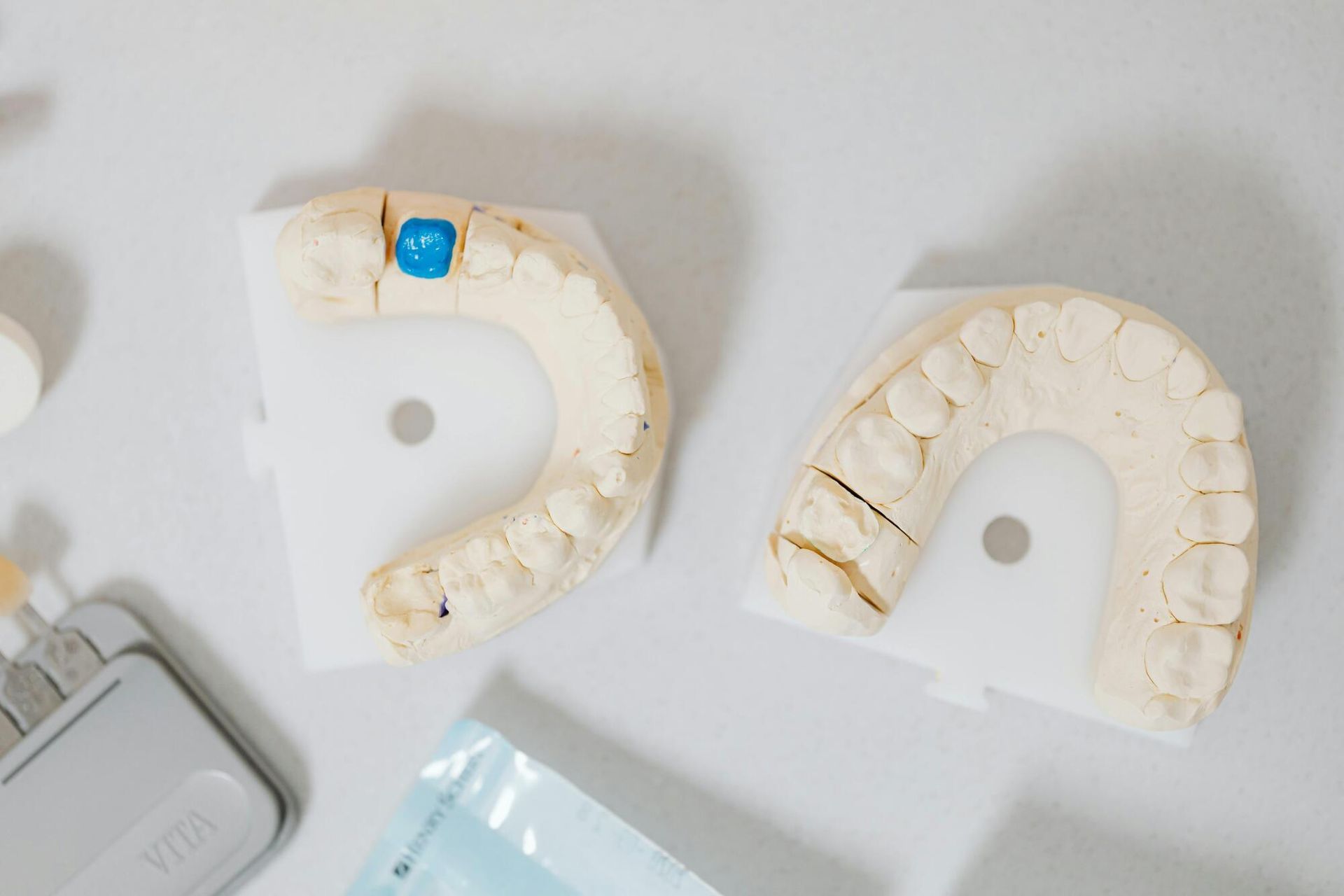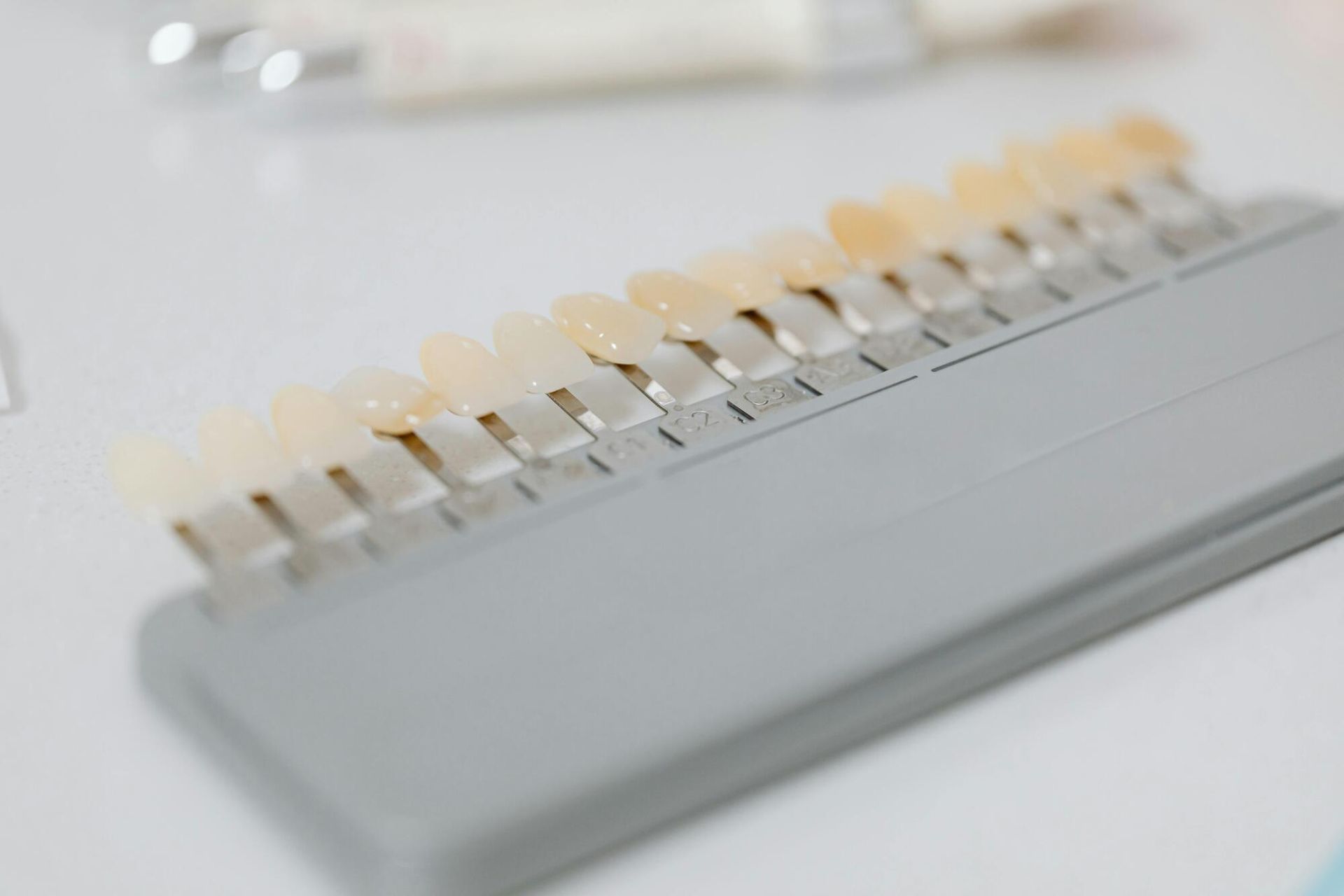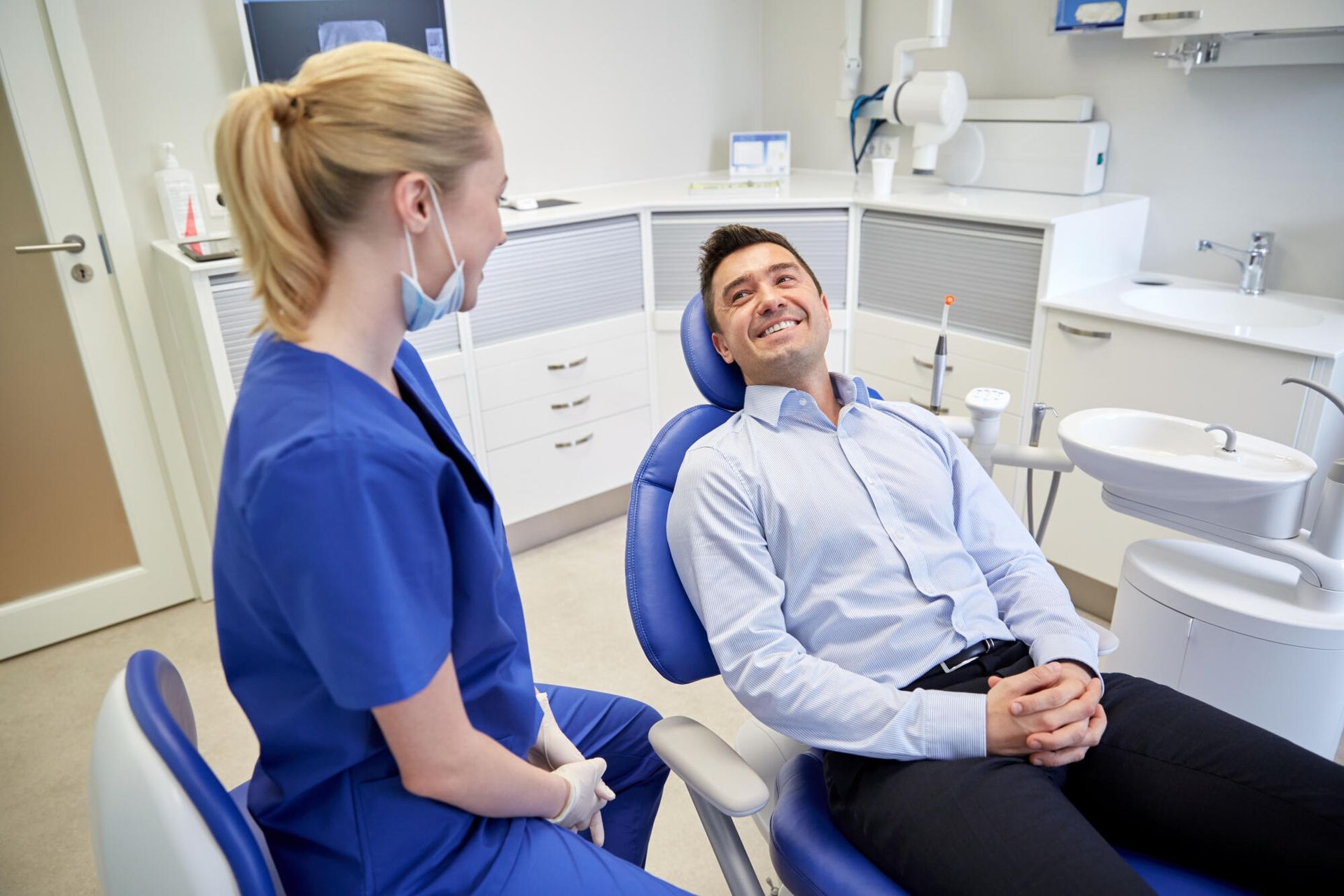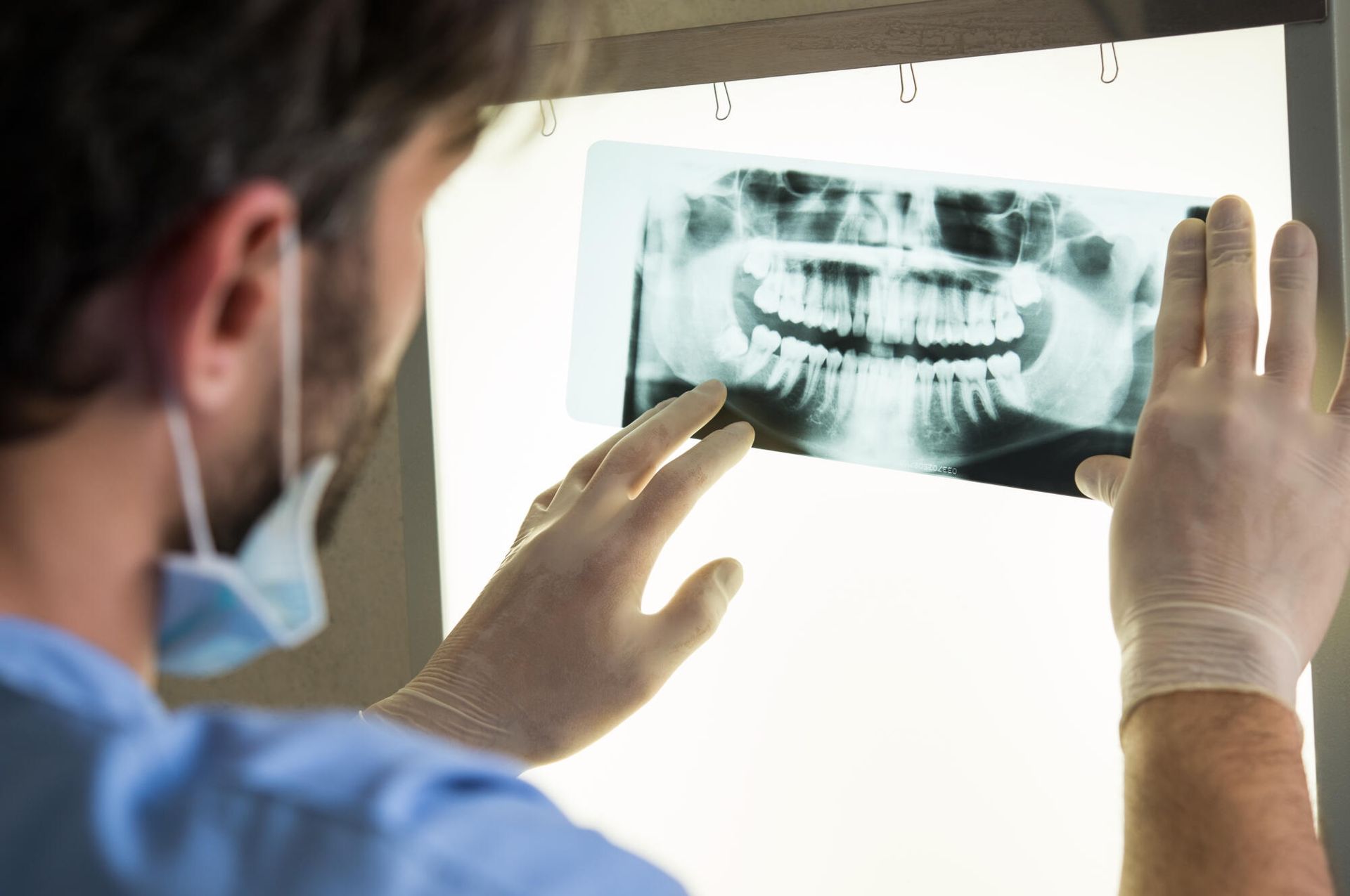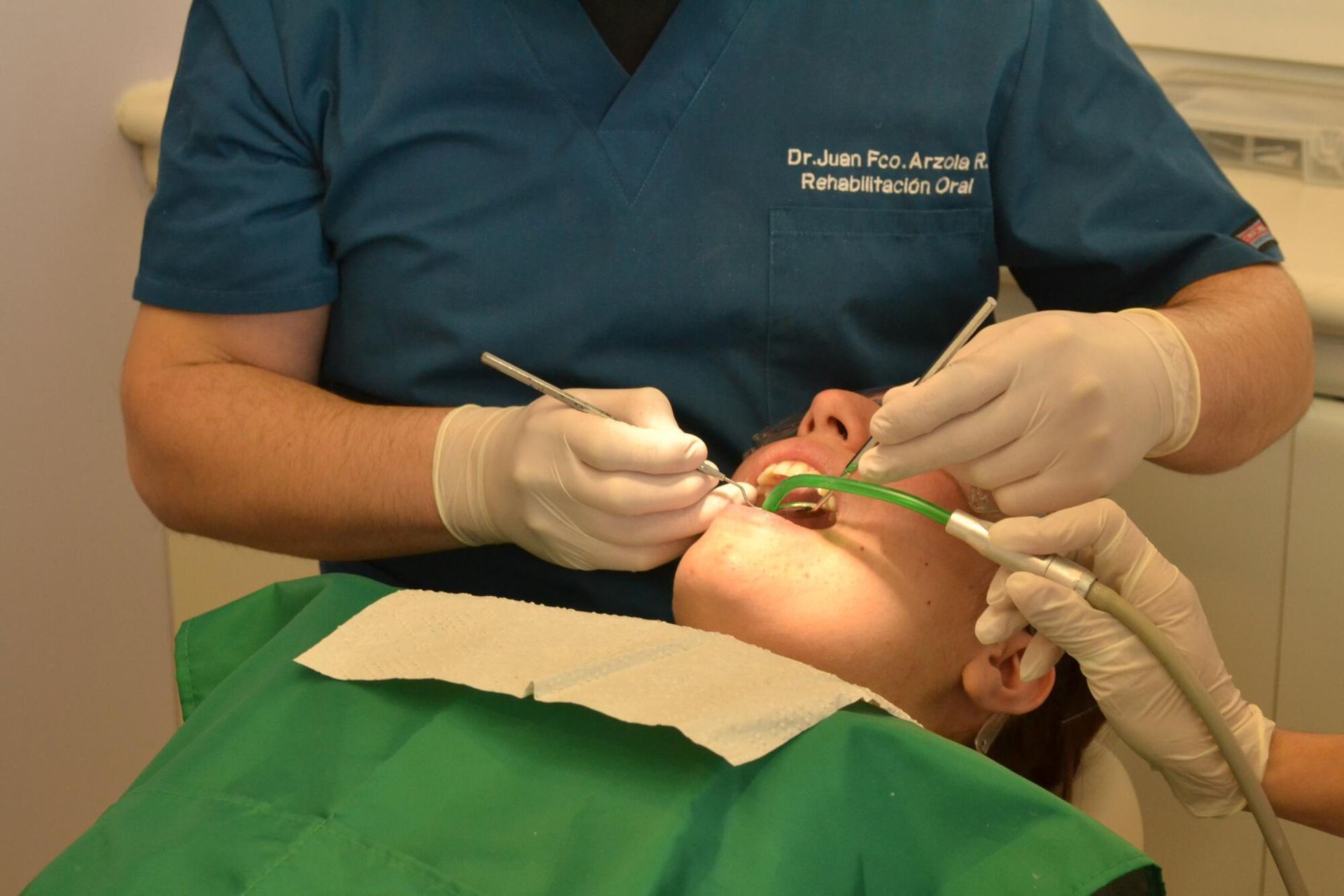5 Benefits of Dental Implants in Arlington TX
Did you know that 25% of Americans have a cavity? During an adult's lifetime, approximately 90% of the population will develop at least one cavity.
While it may seem harmless in the beginning, untreated cavities can progress to tooth decay. Without dental work, tooth decay can cause abscesses and infections. If you have dealt with tooth decay, pain, or missing teeth, it might be time to consider dental implants.
Dental implants are permanent solutions that can help you eat, talk, and smile pain-free. However, eating and speaking easier aren't the only reasons you should consider a dental implant.
Keep reading our complete guide and find out the top five reasons dental implants are beneficial and how you can get started with an appointment with a dentist in Arlington, TX, today!
1. Helps Restore Your Smile
The most obvious advantage of a dental implant is restoring your smile. Tooth decay and/or missing teeth can make individuals feel self-conscious and cause various health problems, including an increased risk for gum disease.
Implants fall under advanced dentistry and include an additional crown placement that can match surrounding teeth and promote a natural appearance. Choosing a highly experienced dentist in Arlington, TX, ensures you are well-educated on the implant needed and the type of crown that works best to match your healthy teeth.
2. Prevents Bone Loss
Tooth loss is closely tied to bone loss. The mandible or maxilla supports your teeth and requires constant stimulation. When there's a gap or missing tooth, the bone density in that area begins to diminish.
Replacing the tooth with an implant prevents further deterioration and supports healthier bones. Chronic diseases such as diabetes, heart disease, and osteoporosis can also increase the risk of tooth loss and weaken bones. It is critical that you provide a complete medical history to your dentist during a consultation to ensure the best outcomes.
3. Prevents Further Tooth Decay
An implant can eliminate tooth decay and prevent adjacent teeth from experiencing decay. First, tooth decay can range from mild to severe. In some cases, a simple filling or root canal can solve your problems.
Even changing oral hygiene habits can make a significant difference. However, once tooth decay starts becoming severe, you need a dental clinic specializing in implants. There are four primary stages of tooth decay, with the last two leading to pulp damage and abscesses.
When you experience a tooth abscess or infection, you must seek immediate dental work. It can spread to your jaw and surrounding tissues, leading to systemic health issues. Regular dental visits can catch tooth decay in its early stages and help prevent permanent damage.
If you are in the latter two stages, your dentist will likely recommend an implant. Missing or damaged teeth can create changes in your jaw and bite structure and increase risks for future cavities in healthy teeth.
4. Helps With Speech and Chewing
Speech and chewing are greatly impacted by your jaw and teeth structures. Missing teeth can prevent adequate chewing and proper nutrition. It can also create alterations in your speech, leading to communication frustrations.
Much like dentures, implants help normalize your bite and improve health outcomes. Unlike dentures, they are longer-lasting and usually more comfortable.
While the timeframe for implants is lengthy, they look and feel more natural. They also require similar long-term care as you would use for natural teeth.
Poorly fitted dentures can cause sores and bone loss. If you have more than one missing tooth, your dentist might also discuss options for multiple implants.
5. Long-Lasting Solution
In most dental work cases, implants are permanent and easy to care for. Unlike natural teeth, they will also be less prone to cavities and decay since it is comprised of artificial materials.
The dental crown or cap that covers the implant may need replacing after 15 years, but the implant itself is highly durable and long-lasting. Unlike root canals or other endodontic procedures, implants replace your teeth and integrate with the surrounding bone in your jaw.
Through this process, otherwise known as osseointegration, and proper oral care, it is unlikely you will experience any adverse complications.
Are Dental Implants Right for You?
As with all medical procedures, a dental implant isn't always right for everyone. For example, autoimmune conditions, diabetes, or severe osteoporosis might increase your risk for complications. The latter can make it challenging for full osseointegration and limit an implant's success.
Most dental implants have a very low complication and failure rates. Studies found that failure rates hover around 3%, and most were implants placed on the upper jaw bone or maxilla.
Some of the most common reasons that implants failed were bone densities, smoking, or infections. A qualified dentist in Arlington, TX, can reduce complication rates by performing a thorough medical examination beforehand. In some instances, you might need to wait for your dental implant or work carefully with your medical team.
Keep in mind that dental implants also take time to heal, and you should follow aftercare instructions carefully. In most patient cases, the implant will be fully healed within six months.
Start Restoring Your Smile
Dental implants are an excellent way to restore your smile, improve chewing, and prevent further tooth decay. While the process may seem arduous and costly, implants are a long-term solution to your decayed or missing teeth.
Additionally, if you have tried other procedures like bridges or dentures, it might be time to find a skilled dental implant specialist. At our clinic, we use the latest technology and materials for implant procedures.
Contact us today and schedule an appointment to get started with restoring your smile!
Dr. Heather E. Martinson
